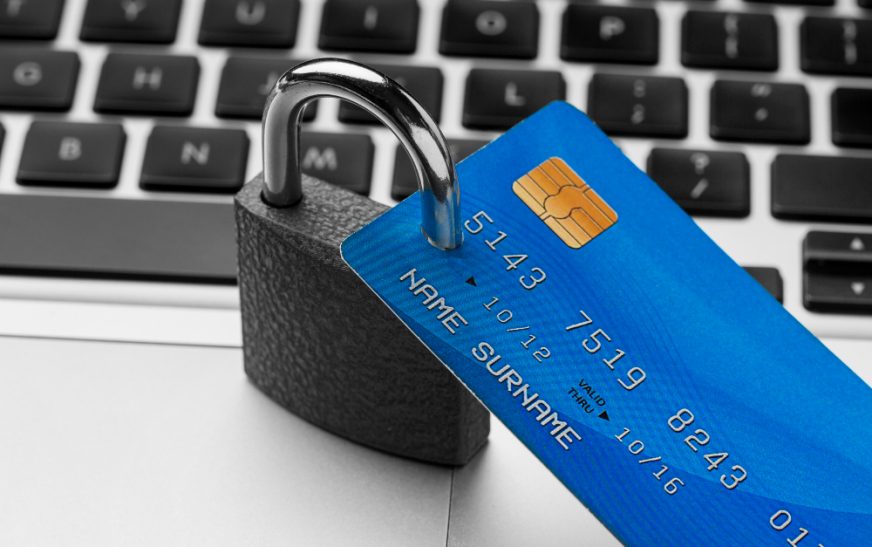When faced with unexpected expenses or big-ticket purchases, many individuals turn to personal loans or credit cards to bridge the gap. Both options offer access to funds, but they come with different terms, features, and implications for your finances. In this comprehensive guide, we’ll compare personal loans and credit cards to help you determine which option is better suited to your financial needs.
Understanding Personal Loans and Credit Cards
Personal Loans
A personal loan is a type of installment loan that allows you to borrow a fixed amount of money from a lender and repay it over a set period, typically with a fixed interest rate and monthly payments. Personal loans are often used for various purposes, including debt consolidation, home improvements, or major purchases.
Credit Cards
A credit card is a revolving line of credit that allows you to make purchases up to a certain credit limit. Instead of borrowing a lump sum upfront, you can use your credit card to make purchases and repay the borrowed amount over time, with interest charged on the outstanding balance. Credit cards offer flexibility and convenience but can also lead to high-interest debt if not used responsibly.
Comparing Personal Loans and Credit Cards
- Interest Rates
- Personal Loans: Personal loans typically offer lower interest rates compared to credit cards, especially if you have good credit. The interest rate on a personal loan is fixed for the duration of the loan term, providing predictability and stability to your monthly payments.
- Credit Cards: Credit cards often come with higher interest rates, especially for purchases made with the card’s cash advance feature. Additionally, credit card interest rates are variable and can fluctuate based on market conditions, making it challenging to predict future payments.
- Loan Amounts
- Personal Loans: Personal loans typically allow you to borrow larger sums of money compared to credit cards. Depending on your creditworthiness and financial situation, you may qualify for a personal loan ranging from a few hundred dollars to tens of thousands of dollars.
- Credit Cards: Credit cards have predefined credit limits, which may be lower than the loan amounts available through personal loans. While credit limits can vary based on factors such as credit score and income, they generally range from a few hundred dollars to several thousand dollars.
- Repayment Terms
- Personal Loans: Personal loans come with fixed repayment terms, typically ranging from one to seven years. This allows you to budget for predictable monthly payments and ensures that you’ll pay off the loan within a specified timeframe.
- Credit Cards: Credit cards offer more flexibility in repayment terms, as you can choose to pay the minimum amount due each month or pay off the balance in full. However, making only the minimum payment can result in long-term debt and high-interest charges.
- Fees and Charges
- Personal Loans: Personal loans may come with origination fees, late payment fees, or prepayment penalties, but these fees are typically disclosed upfront and included in the loan agreement.
- Credit Cards: Credit cards often have a variety of fees, including annual fees, late payment fees, over-limit fees, and cash advance fees. These fees can add up quickly and significantly increase the cost of borrowing.
- Credit Impact
- Personal Loans: Personal loans can impact your credit score positively or negatively, depending on how you manage the loan. Making timely payments and paying off the loan as agreed can improve your credit score, while late payments or defaults can damage your credit.
- Credit Cards: Credit card usage can also impact your credit score. Keeping your credit card balances low relative to your credit limits and making timely payments can positively affect your credit score, while maxing out your credit cards or missing payments can harm your credit.
Which Option is Better for Your Financial Needs?
When to Choose a Personal Loan:
- You need to borrow a large sum of money.
- You prefer fixed interest rates and predictable monthly payments.
- You have a specific purpose for the loan, such as debt consolidation or home improvement.
- You want to avoid the temptation of revolving credit and prefer a structured repayment plan.
When to Choose a Credit Card:
- You need access to funds for smaller purchases or emergencies.
- You value flexibility in repayment terms and want the option to pay off the balance over time.
- You can responsibly manage credit card usage and avoid carrying a balance to minimize interest charges.
- You want to take advantage of rewards programs, cashback offers, or other credit card perks.
FAQs
- What is the main difference between a personal loan and a credit card?
- Personal Loan: A personal loan is an installment loan that allows you to borrow a fixed amount of money with a fixed interest rate and repayment term. You receive the entire loan amount upfront and repay it in regular installments over time.
- Credit Card: A credit card is a revolving line of credit that allows you to make purchases up to a predetermined credit limit. You can borrow and repay funds as needed, with interest charged on the outstanding balance.
2. Are there alternatives to personal loans and credit cards for borrowing money?
Yes, there are alternative options for borrowing money, such as home equity loans, lines of credit, payday loans, and peer-to-peer lending platforms. It’s essential to compare the terms, costs, and risks associated with each option and choose the one that best meets your needs and financial situation.
- Can I use a personal loan to pay off credit card debt?
Yes, using a personal loan to pay off credit card debt is a common strategy known as debt consolidation. By consolidating high-interest credit card balances into a lower-interest personal loan, you can potentially save money on interest payments and simplify your repayment process.
- How do I qualify for a personal loan or credit card?
Qualification criteria for personal loans and credit cards vary by lender and may include factors such as credit score, income, employment history, and debt-to-income ratio. To improve your chances of approval, maintain a good credit score, demonstrate stable income, and manage your existing debts responsibly.
- What should I consider when comparing personal loan and credit card offers?
When comparing personal loan and credit card offers, consider factors such as interest rates, fees, repayment terms, credit limits, rewards programs, and any promotional offers or introductory rates. Choose the option that best fits your financial needs and goals while minimizing costs and maximizing benefits.
Conclusion
Choosing between a personal loan and a credit card depends on your financial needs, preferences, and ability to manage debt responsibly. Personal loans offer fixed interest rates, structured repayment terms, and larger loan amounts, making them suitable for specific purposes and borrowers who prefer predictability. Credit cards provide flexibility, convenience, and rewards programs but may come with higher interest rates and fees if not used responsibly. By understanding the differences between personal loans and credit cards and carefully evaluating your options, you can make informed decisions to meet your financial goals and avoid unnecessary debt.


















